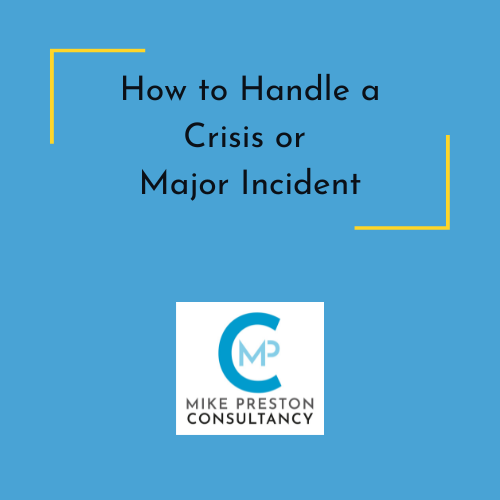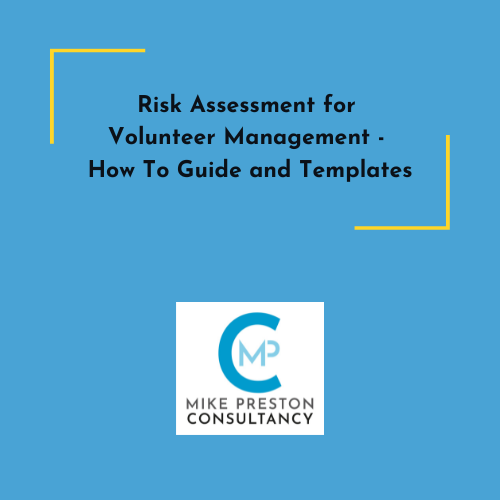 Image 1 of 1
Image 1 of 1


How to Handle a Crisis or Major Incident
This document guides the management of crises within an organisation. It emphasises that crises are inevitable and effective management is crucial for minimising damage and ensuring recovery.
Key points from the document:
Understanding a Crisis: A crisis is a sudden event that threatens an organisation’s reputation, operations, or finances, marked by urgency, uncertainty, and high visibility.
Crisis Communication: Build trust by quickly sharing clear, honest information through a dedicated team and spokesperson, showing empathy, and addressing different audiences.
Decision-Making Under Pressure: Stay calm, gather facts fast, prioritise, consult experts, consider consequences, record actions, and be both decisive and flexible.
Engaging with Stakeholders: Different groups like employees, customers, media, investors, regulators, and partners need specific, proactive communication during a crisis.
Post-Crisis Actions: After the crisis, review what happened, learn lessons, update plans, rebuild reputation, and support those affected.
Related Policies: Use policies like Risk Management, Business Continuity, Disaster Recovery, Emergency Response, Cybersecurity, and Health and Safety to prevent and manage crises effectively.
This document guides the management of crises within an organisation. It emphasises that crises are inevitable and effective management is crucial for minimising damage and ensuring recovery.
Key points from the document:
Understanding a Crisis: A crisis is a sudden event that threatens an organisation’s reputation, operations, or finances, marked by urgency, uncertainty, and high visibility.
Crisis Communication: Build trust by quickly sharing clear, honest information through a dedicated team and spokesperson, showing empathy, and addressing different audiences.
Decision-Making Under Pressure: Stay calm, gather facts fast, prioritise, consult experts, consider consequences, record actions, and be both decisive and flexible.
Engaging with Stakeholders: Different groups like employees, customers, media, investors, regulators, and partners need specific, proactive communication during a crisis.
Post-Crisis Actions: After the crisis, review what happened, learn lessons, update plans, rebuild reputation, and support those affected.
Related Policies: Use policies like Risk Management, Business Continuity, Disaster Recovery, Emergency Response, Cybersecurity, and Health and Safety to prevent and manage crises effectively.








